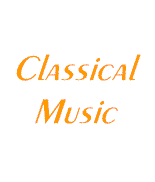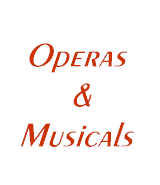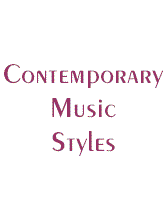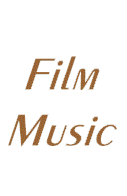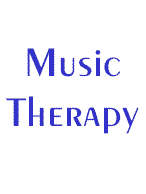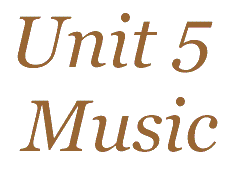
|
|||||
The English author, Samuel Johnson, once described music as "the only sensual pleasure without vice," while W. H. Auden, the English poet said, "A verbal art like poetry is reflective; it stops to think. Music is immediate, it goes on to become." Music plays more or less a dominant role in everyone's life. It sometimes illuminates and inspires human spirits. Every now and then, it shows empathy toward suffering souls. Opera & Musicals 歌劇與音樂劇 Contemporary Music Styles 當代音樂風格 Film Music 電影配樂 Music Therapy 音樂療法 The topic, Classical Music, will take you to explore the four dominant forms of classical music by studying the masterpieces of some great composers such as Hayden, Mozart, Beethoven, Chopin, Devorak, and Schoenberg. Operas & Musicals is a topic that aims at a clarification of the differences between the two forms of music. The third topic, Contemporary Music Styles, introduces you to the following music styles: rock and roll, country, jazz, blues, reggae, new age music, and rap. With the topic of Film Music, you will learn about how film music has come to being. Music Therapy is then a topic that provides information about how music can be employed to heal human souls. Fact Sheet Readings
|
